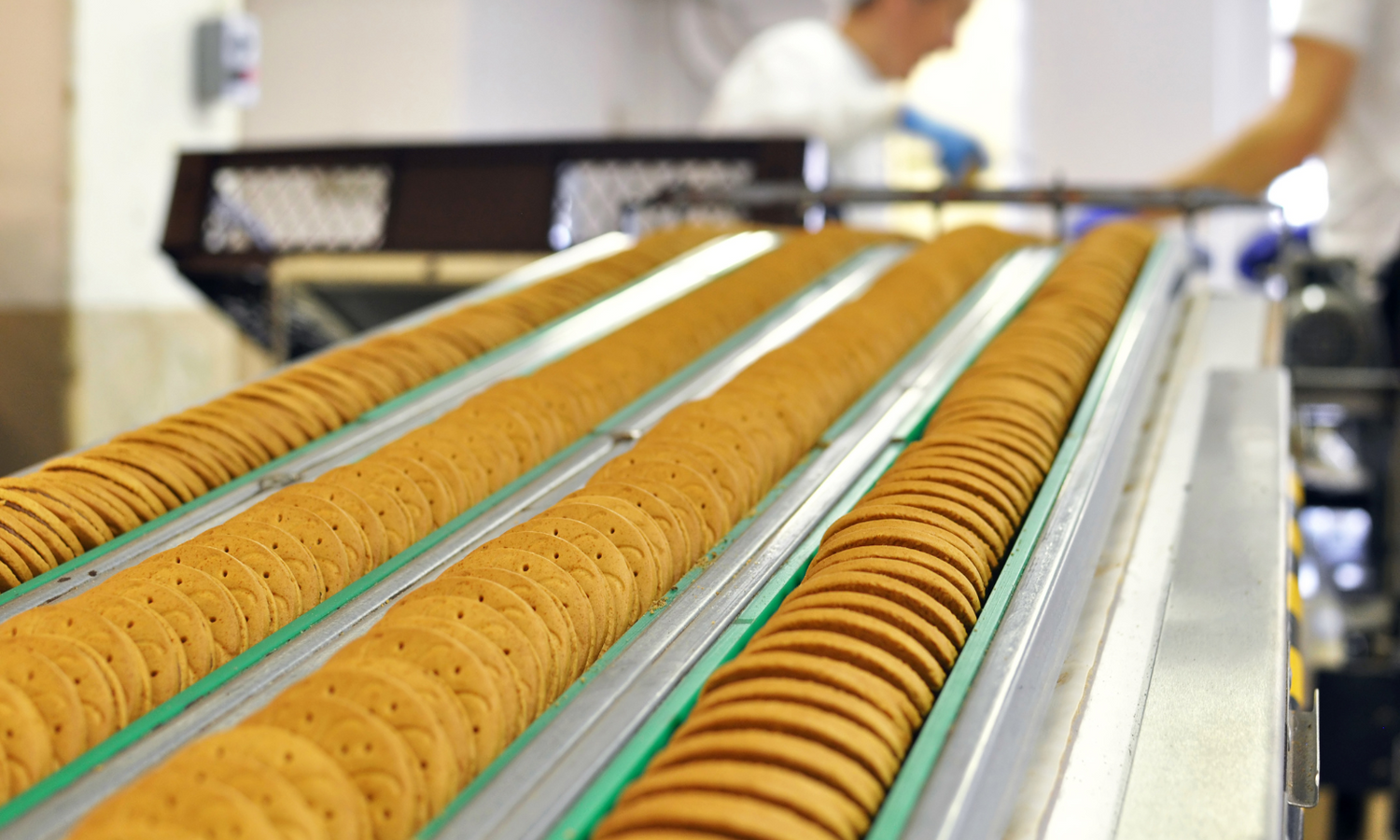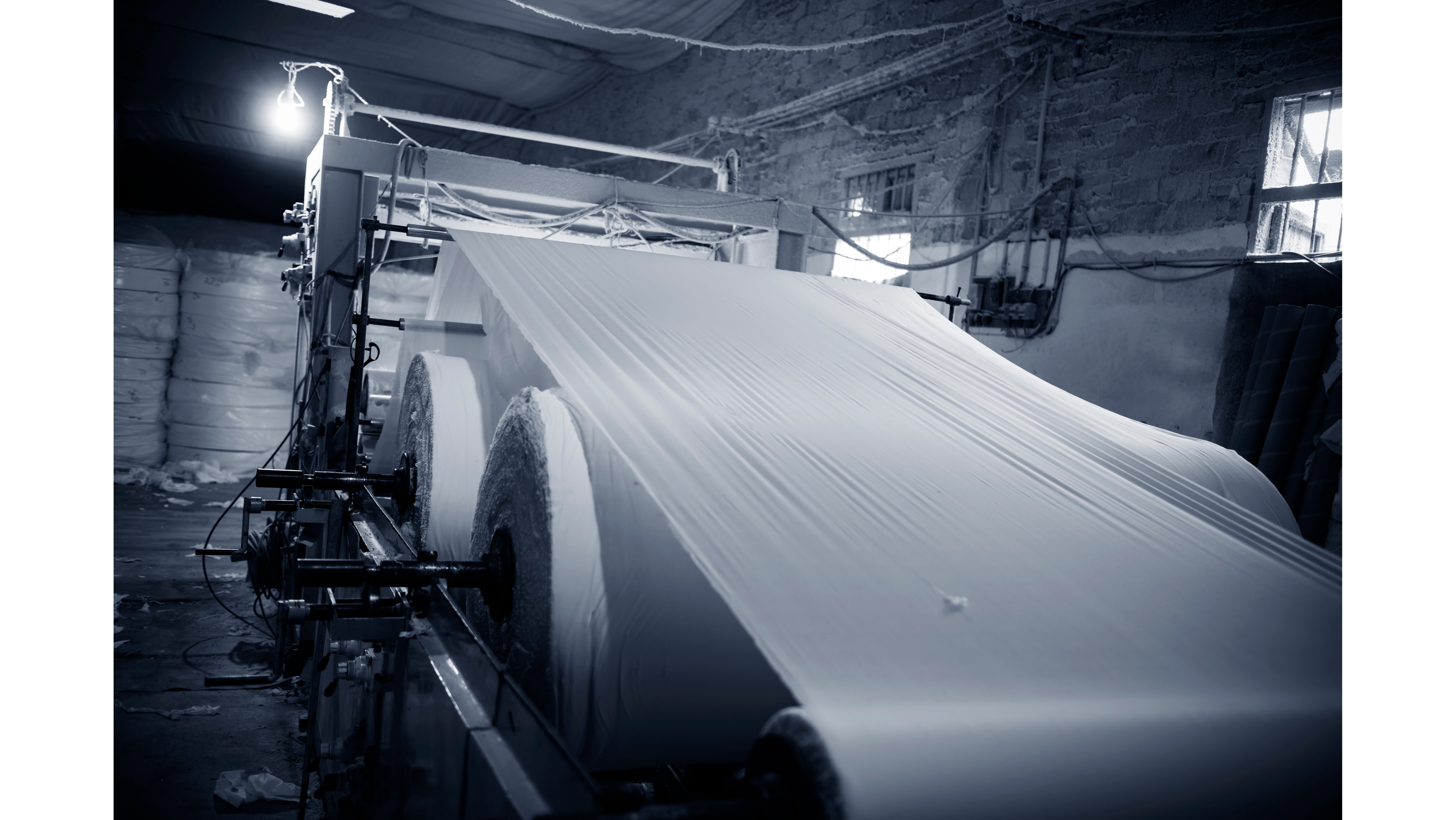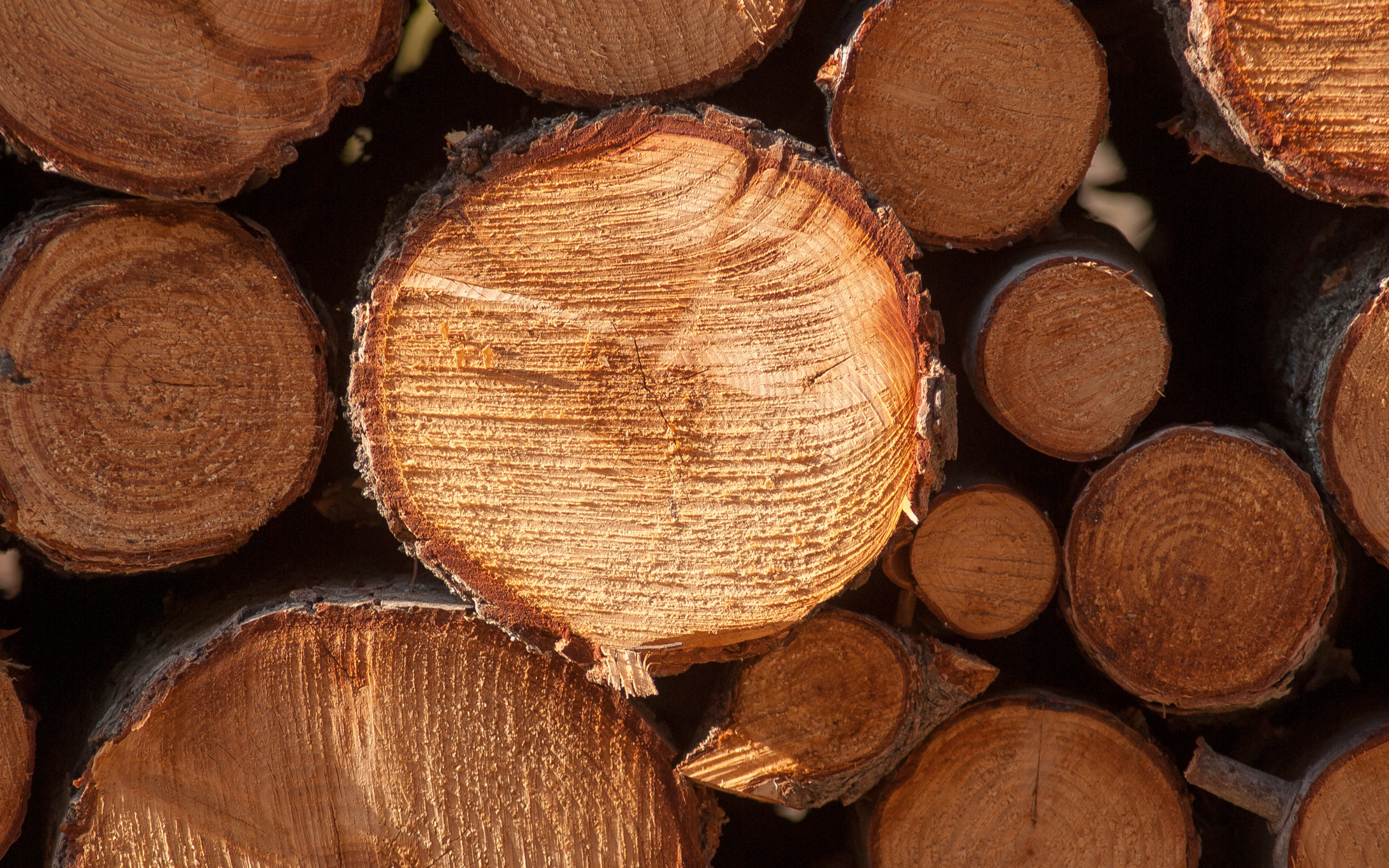The food industry is one of the pillars of our modern society, providing a variety of products essential to our daily diet. However, behind every food we eat, there is a complex manufacturing and processing process. One of the often overlooked but highly important steps in this process is air sampling. In this article, we will explore in depth the role of air sampling in food plants and why it is essential to ensure the quality, safety and compliance of food products.
Guarantee the quality of food products
Air sampling plays a key role in controlling the quality of food products. In a food processing plant, many steps are performed, including mixing, grinding, cooking, and canning. During these processes, various air contaminants, such as bacteria, mold, allergens and foreign particles, can enter the production environment.
A well-designed air sampling system allows real-time monitoring of air quality in the plant. If contaminants are detected, corrective measures can be taken immediately to prevent contamination of food products. This ensures that the food produced meets the highest quality standards, increasing consumer confidence in the brand.
Prevent the risks of contamination
Food safety is a major concern in the food industry. Food poisoning and product recalls can have disastrous consequences for consumers and businesses. Air sampling plays a crucial role in preventing these risks.
Airborne contaminants, such as pathogenic bacteria, mold spores or allergens, can spread throughout the food plant through the air. A well-configured air sampling system can monitor these potential contaminants and implement prevention measures, such as air sterilization or containment of production areas, to minimize the risk of contamination.
Ensure regulatory compliance
Food factories are subject to strict food safety and hygiene regulations. Regulatory authorities often require food businesses to continually monitor and document the air quality in their facilities.
Air sampling is therefore essential to comply with these standards and regulations. It provides valuable documentation to demonstrate that appropriate measures are being taken to maintain optimal sanitary conditions in the plant. In the event of a regulatory inspection, this documentation can be crucial to avoiding fines or temporary closures.
Continuous improvement of production
In addition to ensuring quality, safety and compliance, air sampling also contributes to the continuous improvement of production processes. Data collected over time helps identify trends and recurring issues, which can lead to adjustments and improvements in production practices.
In conclusion, air sampling is an essential element in food plants. It plays a central role in ensuring the quality of food products, preventing contamination risks, regulatory compliance and continuous process improvement. Food companies that pay special attention to this aspect contribute to consumer safety and satisfaction, thereby strengthening their reputation and success in the competitive food industry market.



Leave a comment
This site is protected by hCaptcha and the hCaptcha Privacy Policy and Terms of Service apply.